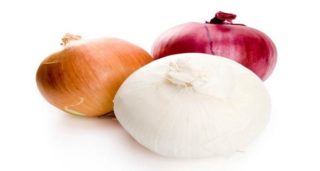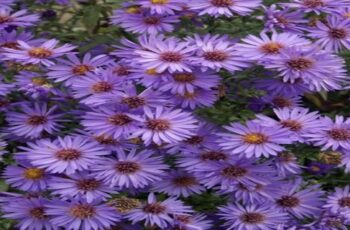Ad Blocker Detected
Our website is made possible by displaying online advertisements to our visitors. Please consider supporting us by disabling your ad blocker.
It’s important not to release the entire bag of ladybugs into the garden at once, as they may take off en masse and leave you with few if any, ladybugs. Instead, take out a few thousand at a time and observe their behavior.
Ladybugs often stay where they can find a reliable source of sustenance. If they seem to be heading for your neighbor’s garden, see what kinds of plants are attracting them. Growing the same plants in your garden may help keep them there.
Some people find that spraying ladybugs with a sugar solution, such as soda diluted with an equal amount of water, helps to keep them in the garden long enough to lay at least one batch of eggs.
The sugar may dry on the beetles and stick their outer wings shut, temporarily disabling their flight. The effect wears off in a week or two, so there is no lasting damage.
Others use cloches to cover individual plants infested with aphids after releasing the ladybugs on them. If the infestation is heavy, the ladybugs may happily stay put and feed on the aphids, depositing eggs in the meantime.
There are several species of beneficial ladybugs, but the ones available for purchase are usually the American native Hippodamia convergens and the Asian species Harmonia axyridis.
Both species are capable of pest control, but the Asian species is considered a more aggressive predator. However, investing in native beetles may be better for your garden and the environment. Additionally, Harmonia ladybugs prefer warm areas for aggregating and are known to swarm to homes seeking warmth.
Ladybugs Are A Gardeners Best Friend
After witnessing the incredible work that these small beetles can do, you’ll likely be amazed and motivated to create the perfect conditions in your garden to keep them around for an extended period of time.
[mashshare]

